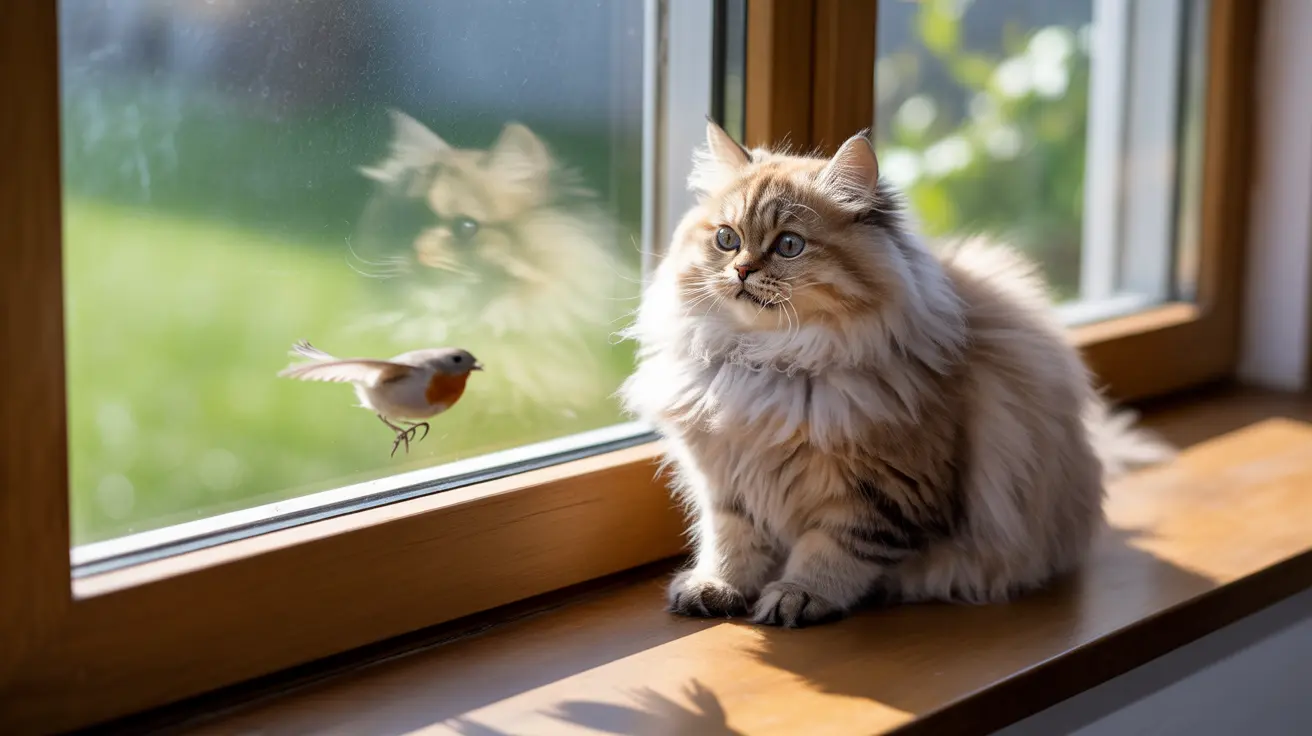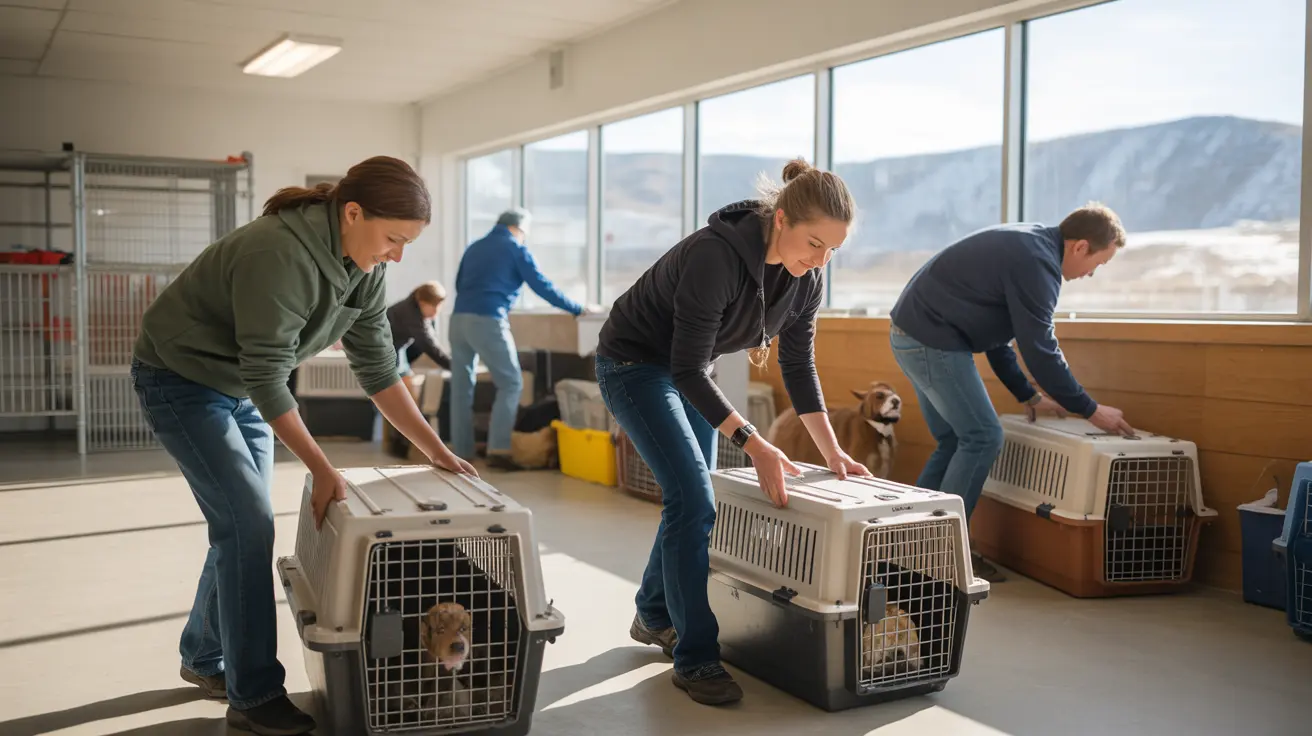If you've ever noticed your cat making short, forceful exhales through their nose, you've witnessed cat huffing. This common feline behavior can range from a simple expression of mild annoyance to a potential indicator of underlying health issues. Understanding why cats huff and what it means is crucial for any cat owner wanting to ensure their pet's wellbeing.
In this comprehensive guide, we'll explore the various reasons behind cat huffing, how to interpret this behavior, and when it might signal a need for veterinary attention. Whether you're a new cat owner or a seasoned pet parent, this information will help you better understand your feline friend's communication methods.
What Causes Cat Huffing?
Cat huffing typically occurs as a response to emotional or environmental triggers. When cats feel mildly irritated or overwhelmed, they may express their discomfort through this distinctive nasal exhale. Common triggers include:
- Unfamiliar visitors or new pets in the home
- Changes in the environment or routine
- Overstimulation during petting or play
- Loud or sudden noises
- Territory disputes in multi-cat households
Decoding Your Cat's Body Language
Huffing rarely occurs in isolation. To properly interpret this behavior, pay attention to other body language cues that typically accompany it:
- Flattened or twitching ears
- Tail position and movement
- Overall body posture
- Facial expression
- Direction of gaze
Medical Concerns Associated with Huffing
While occasional huffing is usually behavioral, persistent or severe huffing may indicate health issues requiring veterinary attention. Potential medical causes include:
- Upper respiratory infections
- Feline asthma
- Heart conditions
- Allergies
- Bronchitis
Any huffing accompanied by lethargy, reduced appetite, or difficulty breathing warrants immediate medical evaluation.
Prevention and Management Strategies
To minimize stress-related huffing, consider implementing these strategies:
- Maintain a consistent daily routine
- Introduce changes gradually
- Provide multiple escape routes and hiding spots
- Use calming pheromone products
- Ensure adequate vertical space and enrichment
- Regular veterinary check-ups
When to Seek Veterinary Care
While occasional huffing is normal, certain situations require professional medical attention:
- Persistent or worsening huffing
- Breathing difficulties or rapid breathing
- Accompanying symptoms like coughing or nasal discharge
- Changes in eating or drinking habits
- Lethargy or unusual behavior
Frequently Asked Questions
What does it mean when my cat is huffing through its nose?
Cat huffing is typically a sign of mild irritation or stress, characterized by short, forceful exhales through the nose. It's often a way for cats to express slight discomfort or annoyance without escalating to more aggressive behaviors.
How can I tell if my cat's huffing is due to stress or a medical issue?
Stress-related huffing usually occurs in response to specific triggers and resolves when the stressor is removed. Medical huffing tends to be more persistent, may occur without obvious triggers, and is often accompanied by other symptoms like lethargy or breathing difficulties.
What health problems can cause persistent huffing in cats?
Persistent huffing can be caused by various health issues, including upper respiratory infections, feline asthma, heart conditions, allergies, and bronchitis. Any ongoing huffing should be evaluated by a veterinarian.
When should I take my cat to the vet for breathing-related huffing?
Seek veterinary care if huffing is persistent, accompanied by other symptoms like lethargy or difficulty breathing, or if your cat shows signs of respiratory distress such as open-mouth breathing or blue gums.
How can I reduce my cat's huffing caused by environmental stress?
Reduce environmental stress by maintaining routine, providing safe spaces, introducing changes gradually, using calming pheromone products, and ensuring adequate environmental enrichment through toys, scratching posts, and vertical spaces.
Understanding cat huffing is essential for maintaining your pet's health and happiness. While occasional huffing is normal, being attentive to changes in this behavior and accompanying symptoms will help ensure your cat receives appropriate care when needed.






